Mumbai is widely regarded as the financial and entertainment capital of India. The cosmopolitan city inhabits more than 23 million people, making it the sixth-most populous metropolitan area in the world.
The bustling city is located on the western coast of India, bordering the Arabian Sea, and is made up of seven islands that were reshaped over the centuries through land reclamation.
The geography of Mumbai includes a deep natural harbor with four rivers, Dahisar, Mithi, Oshiwara, and Poisar, which flow into the Arabian Sea.
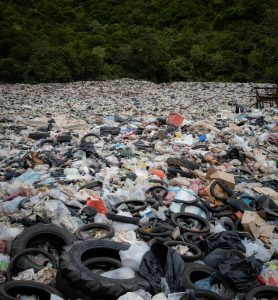
Unfortunately, large-scale economic activities, industrial growth, unplanned urbanization, and inappropriate waste management practices have created havoc in the environment.
The rivers, creeks, and water bodies have become sewage nullahs (drains) that are severely contaminated with pollutants.
Sewage, industrial pollutants, untreated waste, garbage, and plastics in the waterbodies flow into the sea and pose several health risks to the inhabitants.
The blockage caused by plastic waste and the accumulation of solid wastes like concrete and mud in the water channels presents a huge problem during the monsoons. Almost every year, Mumbai residents face water-clogged roads and flooded public infrastructure.
In addition, the polluting water bodies have put the delicate aquatic and marine ecosystems in grave danger. The Mangrove patches around the Mumbai shoreline provide a natural defense against flooding but they have been seriously damaged over the years because of plastic waste and toxic pollutants.
To prevent Mumbai’s environmental degradation, the Maharashtra Pollution Control Board (MPCB) has entered into a Memorandum of Understanding (MoU) with an international environmental group, The Ocean Cleanup, and their India partner Bharat Clean Rivers Foundation.
Netherlands-based The Ocean Cleanup is a non-profit organization that has developed and employed solutions to eliminate plastic waste in oceans and other water bodies.
The technology-enabled solution can collect floating plastic pollutants from water without harming marine life.
One of their biggest successes is the removal of millions of tonnes of plastic waste from the Great Pacific Garbage Patch, the world’s largest accumulation of floating waste covering an estimated surface area equivalent to almost half the size of India.
The organization is cleaning rivers in cities like Kuala Lumpur (Malaysia), Can Tho (Vietnam), Bangkok (Thailand), Santo Domingo (Dominican Republic), Jakarta (Indonesia), and Los Angeles (USA).
Meanwhile, to address India’s plastic waste issues in water bodies and river systems, The Ocean Cleanup has teamed with the Bharat Clean Rivers Foundation, co-founded by DialESG and West Coast Marine Yacht Services.
In Mumbai, the focus of the MOU will be to intercept plastic pollution in rivers which inevitably discharges into the sea.
The project will look for ways to clean Mumbai’s rivers, develop methods to monitor plastic waste in the city’s waterways, and identify hotspots of pollution.

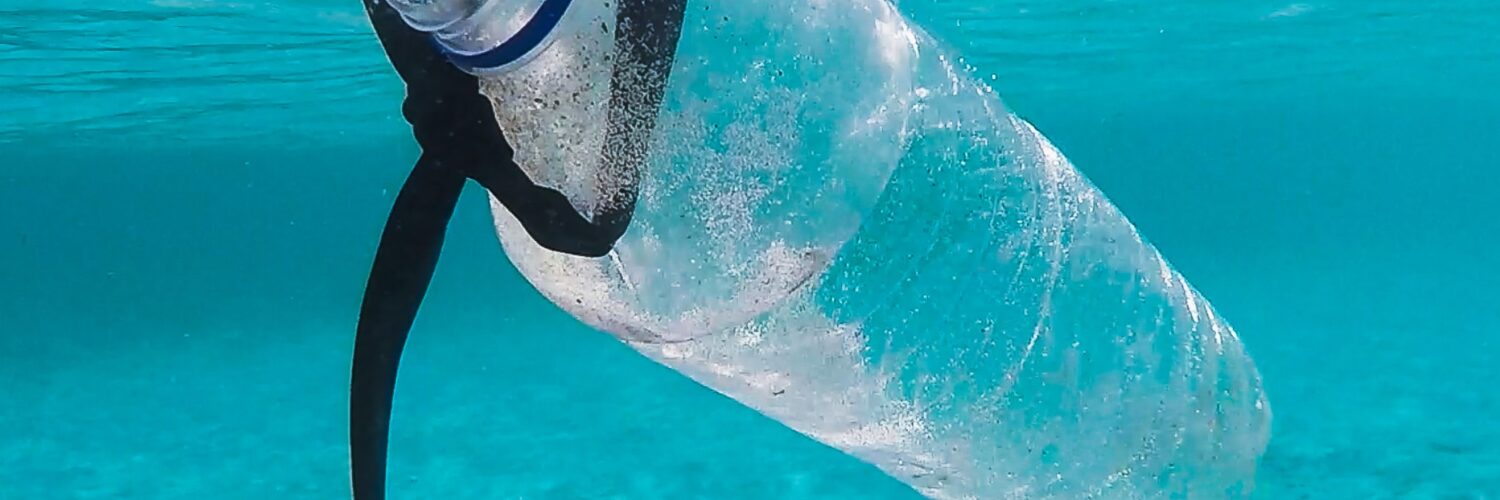
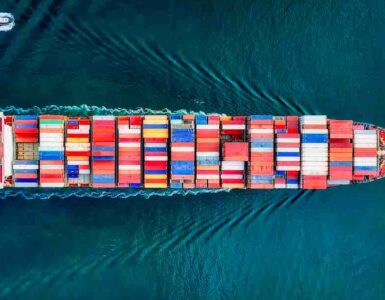
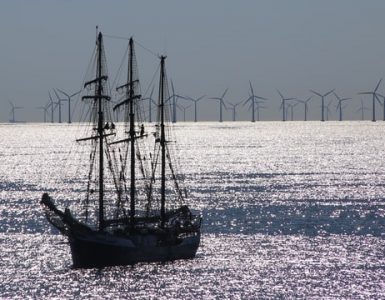
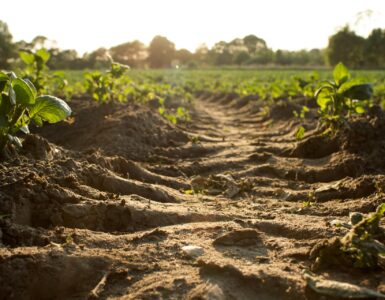

Add comment